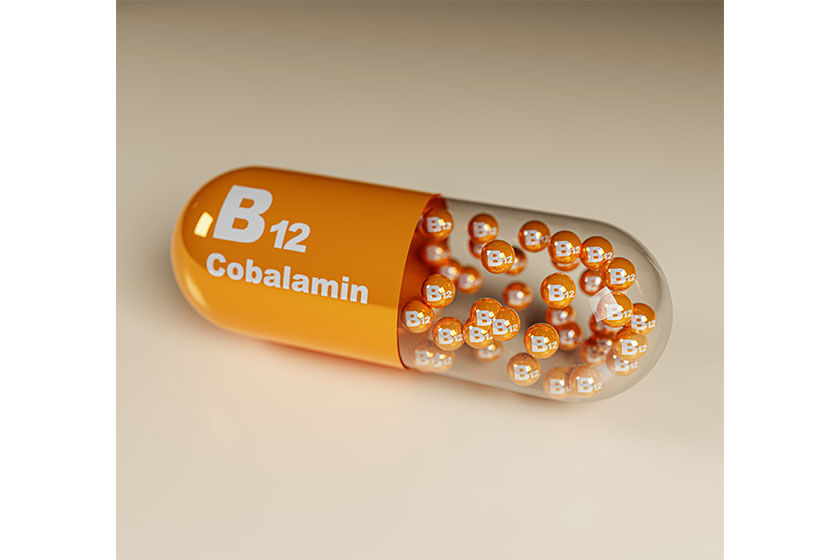Vitamin B12 plays a major role in maintaining energy levels, cognitive function, and overall health, especially in golden-age adults. As people age, their ability to absorb vitamins from food diminishes, making it imperative to ensure that elderly loved ones receive the right dosage to avoid deficiencies. Understanding the appropriate vitamin B12 elderly dosage can help enhance their health and vitality.
The Essential Role of Vitamin B12 in Senior Health
Vitamin B12 is vital for several bodily functions, including the production of red blood cells, DNA synthesis, and nerve function. In elderly individuals, a deficiency in this vitamin can lead to various health issues, such as anemia, fatigue, memory problems, and even neurological damage. Since the body’s ability to absorb B12 from food decreases with age, ensuring that seniors receive an adequate dosage becomes imperative.
Determining the Right Vitamin B12 Dosage for Seniors
The general recommendation for adult vitamin B12 intake is 2.4 micrograms per day. However, for seniors, the dosage may vary depending on their health status and the form in which they take the vitamin. For elderly individuals, especially those with absorption issues, higher doses might be necessary to meet their nutritional needs.
Choosing Between Supplements and Injections
Vitamin B12 is available in various forms, including oral supplements, sublingual tablets, and injections. For seniors with mild deficiencies, a standard oral supplement of 500 to 1,000 micrograms daily may be sufficient, as the body can only absorb a small percentage of B12 from supplements. Sublingual tablets, which dissolve under the tongue, may offer slightly better absorption rates.
For those with more severe deficiencies or absorption problems, B12 injections may be prescribed. These injections can provide a more direct route for the vitamin to enter the bloodstream, bypassing the gastrointestinal tract where absorption issues often occur.
Regular Monitoring to Ensure Adequate B12 Levels
It’s essential to regularly monitor the vitamin B12 levels of elderly individuals, especially if they are taking supplements. Blood tests can help determine if the current dosage is adequate or if adjustments are needed. In some cases, healthcare providers may recommend periodic high-dose injections rather than daily oral supplements, depending on the severity of the deficiency.
Enhancing B12 Intake Through Diet
In addition to supplements, elderly individuals should be encouraged to consume foods rich in vitamin B12. Animal products such as meat, fish, eggs, and dairy are excellent sources of B12. However, for those who have dietary restrictions or absorption issues, supplements are often necessary to meet the required intake.
Tailoring Every Meal and Every Dose with Care
At our assisted living community in North Port, FL, we prioritize the well-being of our residents through exceptional medication management and dining services. Our dedicated team ensures that each resident’s medication is administered accurately and on time, promoting their health and peace of mind.
Complementing this, our Sensations dining program offers three chef-prepared meals daily, tailored to meet nutritional needs while providing an enjoyable dining experience. Discover how our comprehensive care can improve your loved one’s quality of life. Schedule a tour of our Senior Living today!







